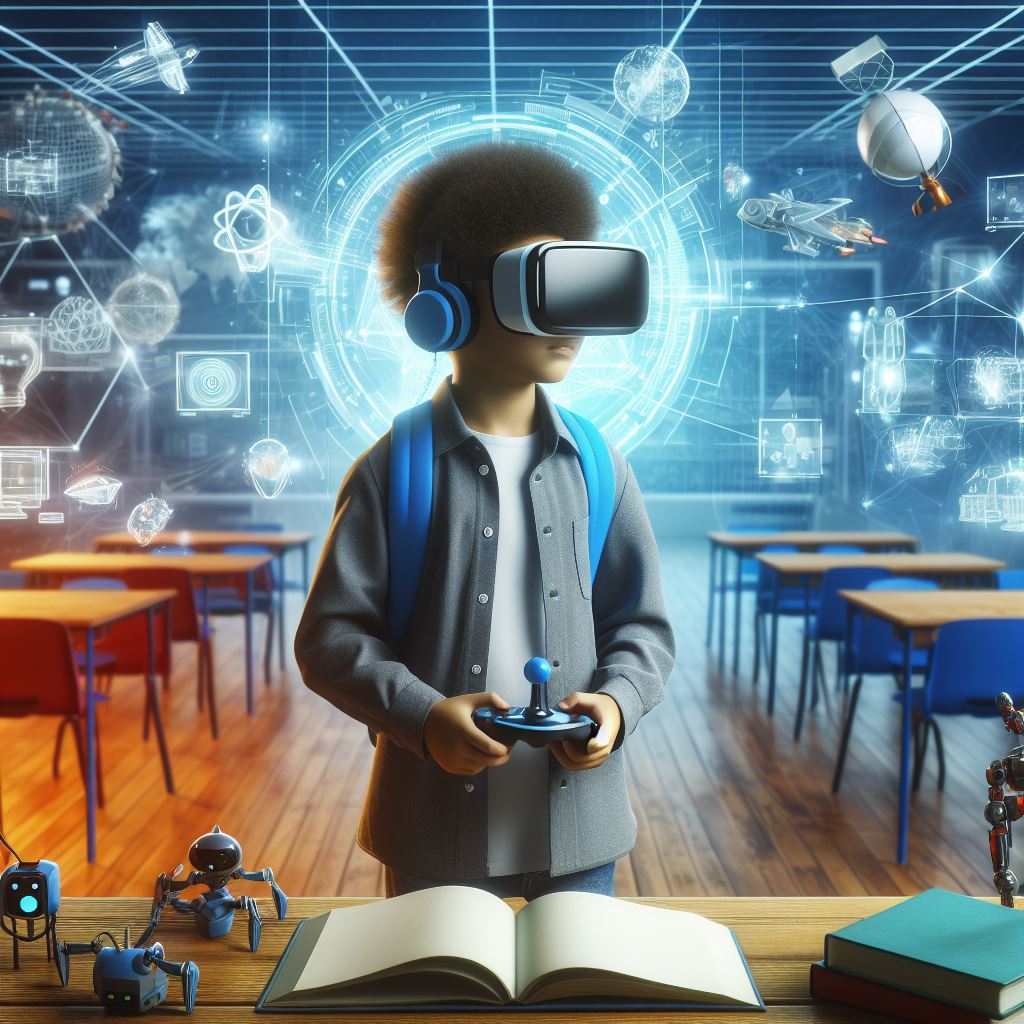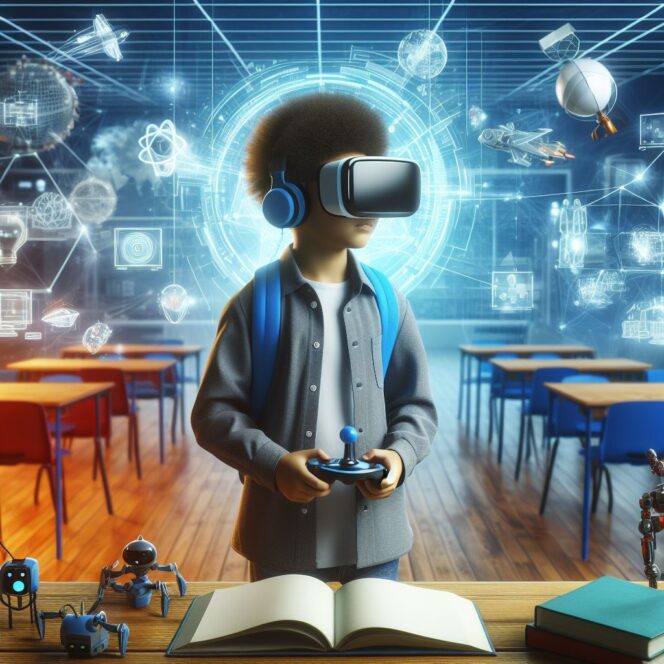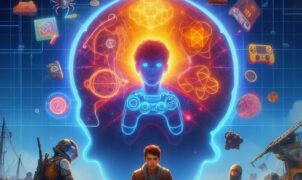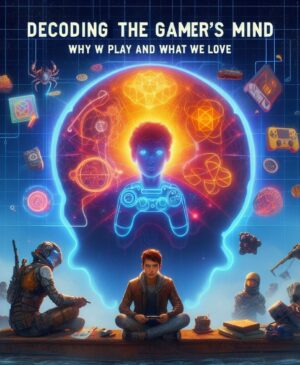Gaming is not just a hobby anymore. It is a booming industry that offers many opportunities for learning and career development. In this blog post, I will explore how gaming education can prepare students for the future of work and society.

What is gaming education?
Gaming education is the use of games and game design principles to teach various skills and subjects. Gaming education can take many forms, such as:
– Game-based learning: using games as a medium to deliver educational content and objectives.
– Gamification: applying game elements and mechanics to non-game contexts to increase motivation and engagement.
– Game design: creating games or game prototypes to express ideas, solve problems, or communicate messages.
Why is gaming education important?
Gaming education is important because it can:
– Foster creativity and innovation: gaming education encourages students to think outside the box, experiment with different possibilities, and create original solutions.
– Develop critical thinking and problem-solving: gaming education challenges students to analyze situations, identify goals, and devise strategies to achieve them.
– Enhance collaboration and communication: gaming education promotes teamwork and social interaction among students, as well as feedback and reflection.
– Cultivate digital literacy and citizenship: gaming education exposes students to various technologies and platforms, as well as ethical and responsible use of them.
How can gaming education prepare students for the future?
Gaming education can prepare students for the future by:
– Aligning with the 21st century skills: gaming education covers many of the skills that are essential for the future of work and society, such as creativity, critical thinking, collaboration, communication, digital literacy, and more.
– Adapting to the changing needs and demands: gaming education is flexible and dynamic, allowing students to learn at their own pace, choose their own paths, and customize their own experiences.
– Inspiring lifelong learning and curiosity: gaming education sparks interest and passion in students, motivating them to pursue further learning and exploration.
Conclusion
Gaming education is a powerful way to engage students in learning and prepare them for the future. By using games and game design principles, gaming education can foster creativity, critical thinking, collaboration, communication, digital literacy, and more. Gaming education can also adapt to the changing needs and demands of the 21st century, and inspire lifelong learning and curiosity in students. Gaming education is not only fun, but also meaningful and relevant for the future of gaming.












No Sign-up. Play Directly.